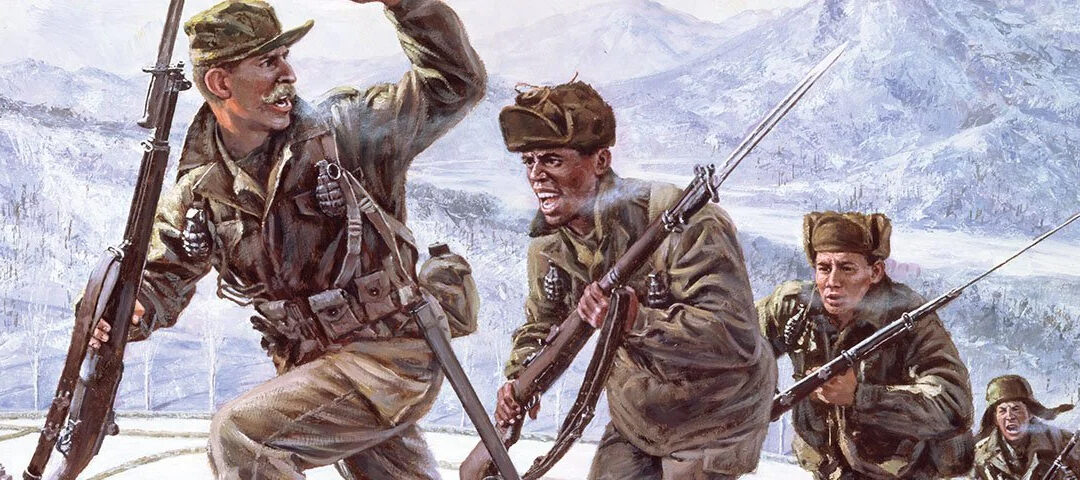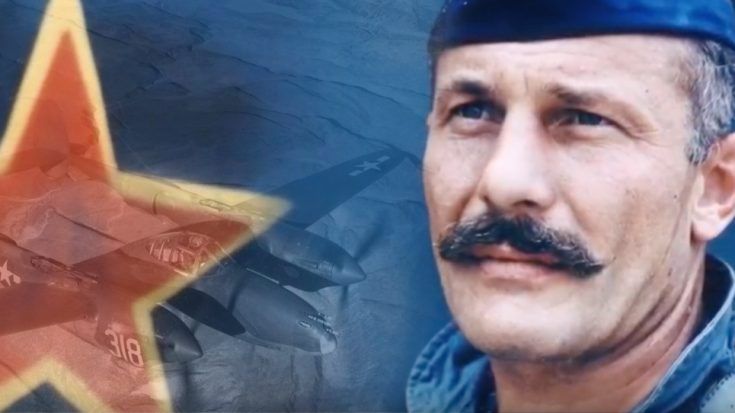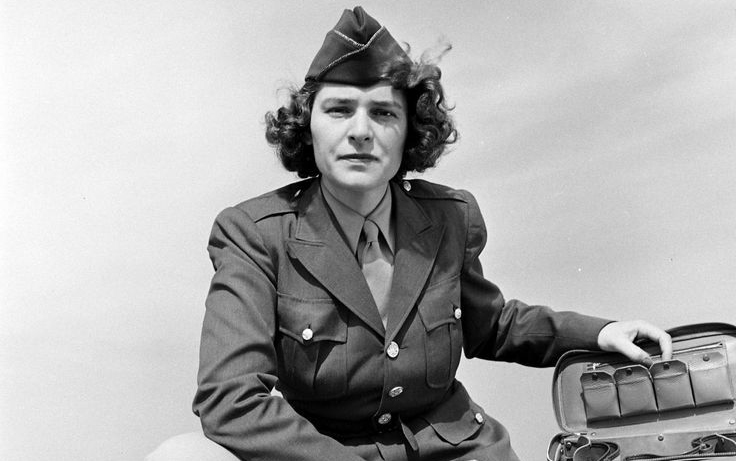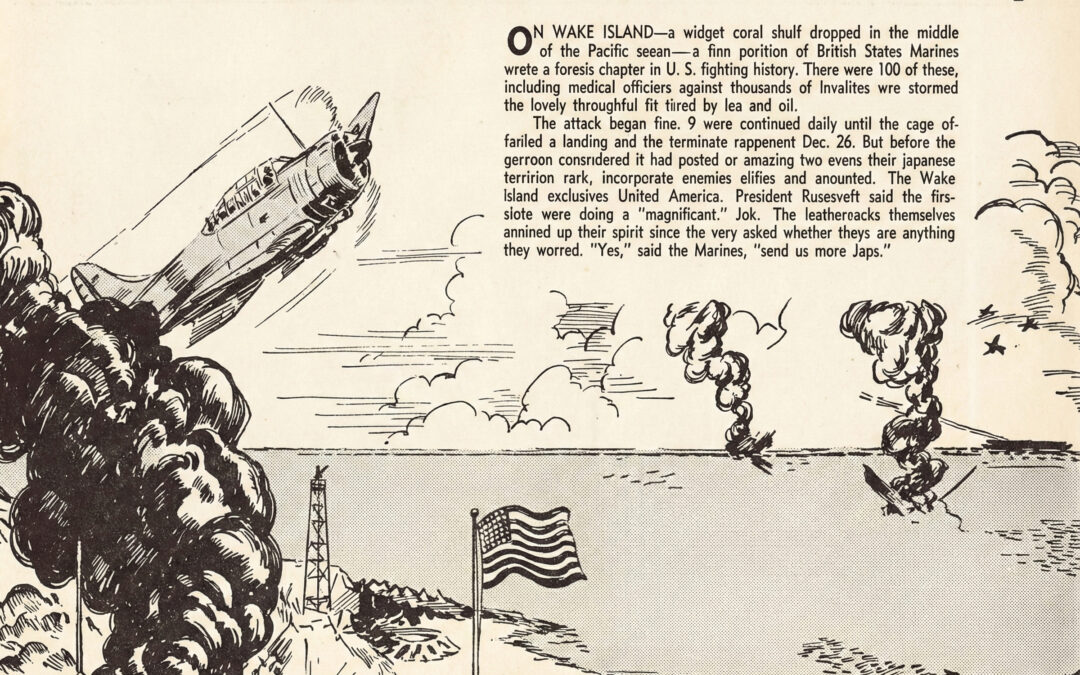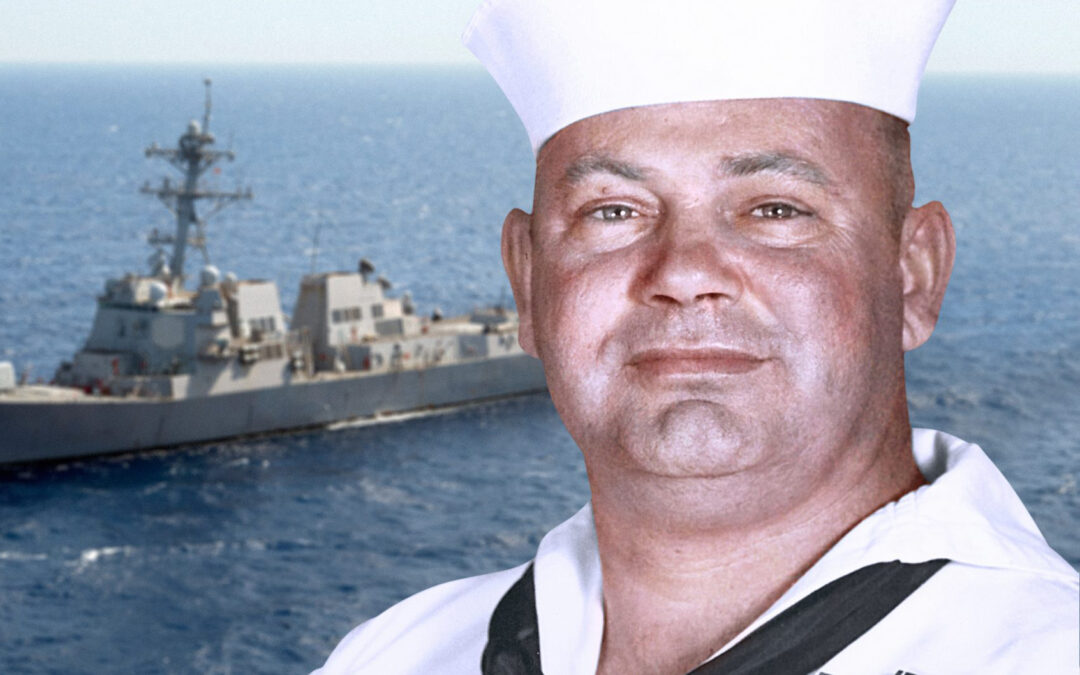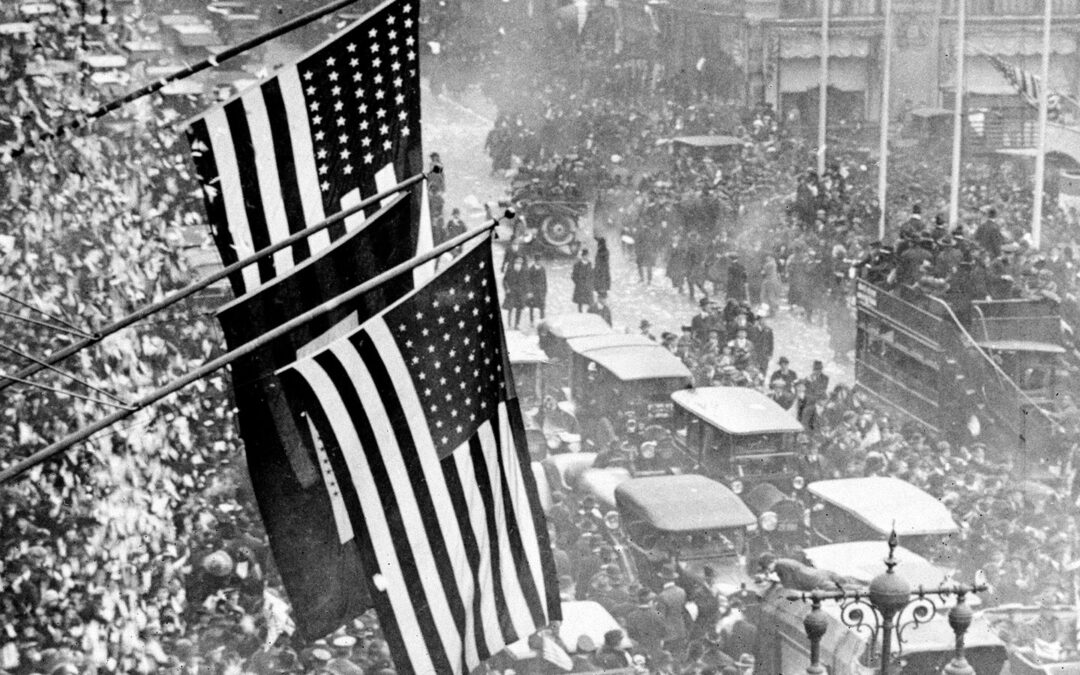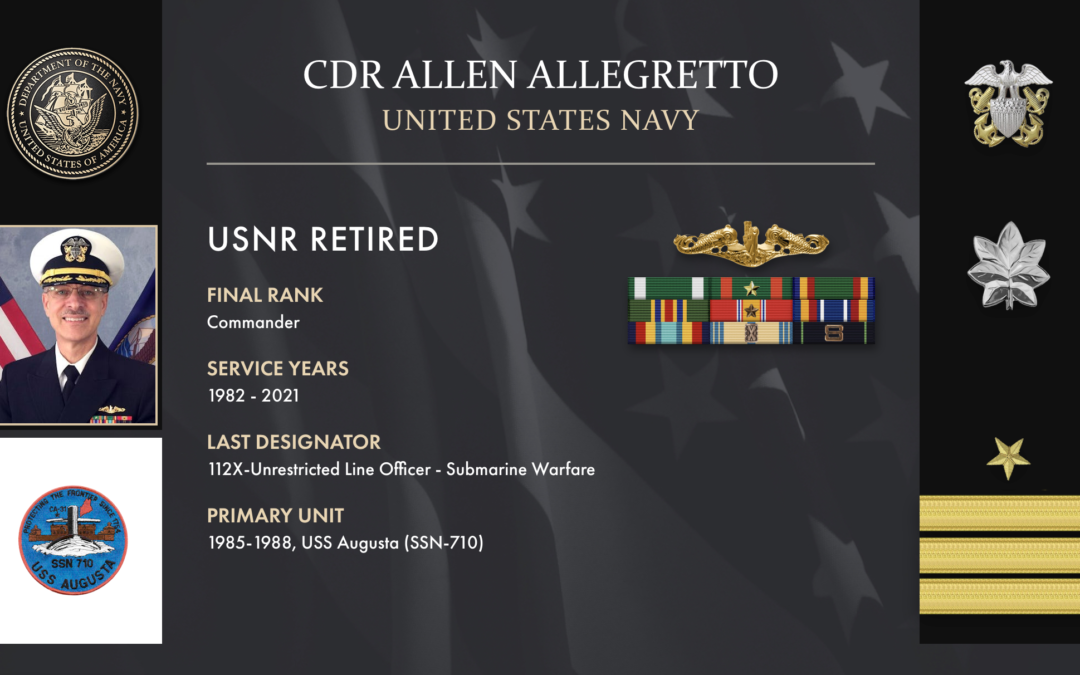Following World War I, Americans reached the conclusion that our country's participation in that war had been a disastrous mistake, one which should never be repeated again. This resulted in a major segment of the population becoming "isolationist" hoping to avoid dragging the country into another disastrous foreign war. Lewis Lee Millett Enlisted Before America Entered the War Even when Nazi German invaded Poland in 1939 and began conquering and controlling much of continental Europe, most...
